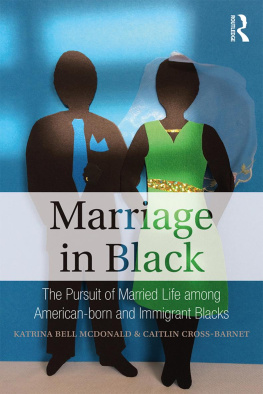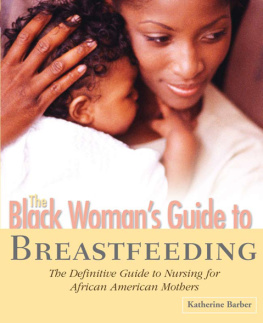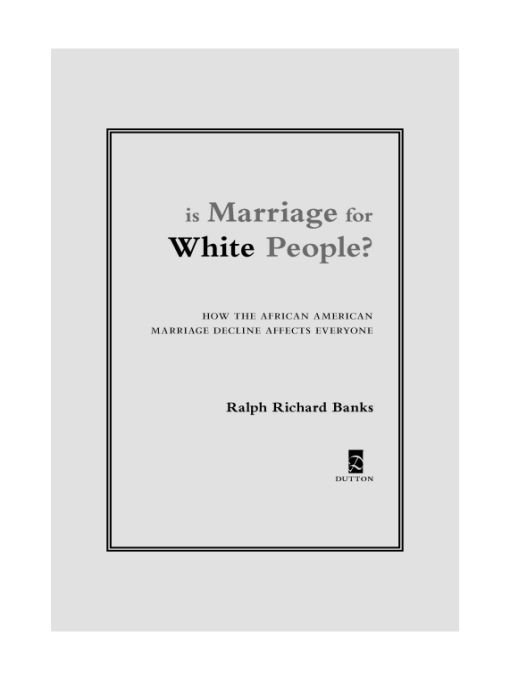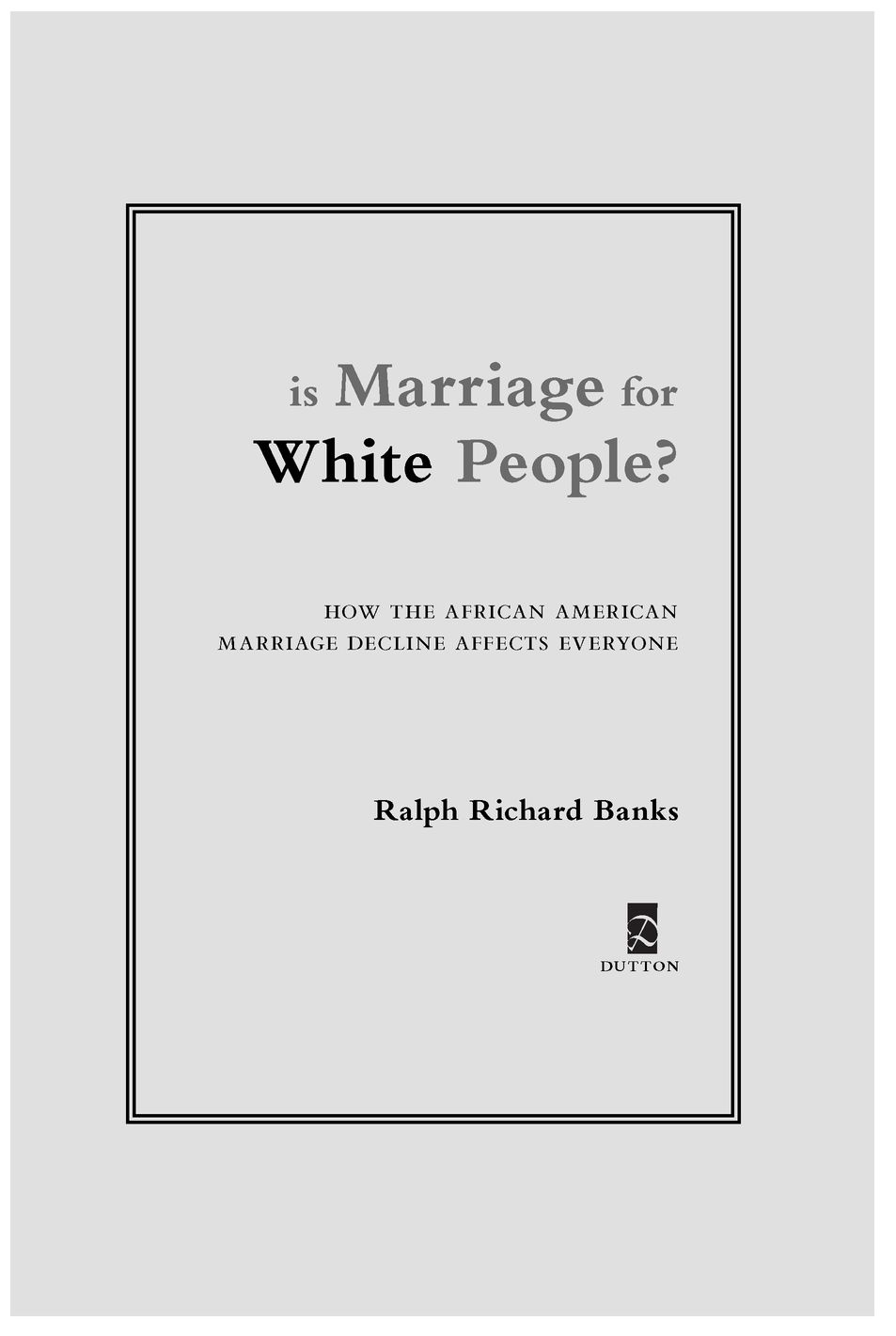Ralph Richard Banks - Is Marriage for White People?: How the African American Marriage Decline Affects Everyone
Here you can read online Ralph Richard Banks - Is Marriage for White People?: How the African American Marriage Decline Affects Everyone full text of the book (entire story) in english for free. Download pdf and epub, get meaning, cover and reviews about this ebook. year: 2011, publisher: Penguin Publishing Group, genre: Detective and thriller. Description of the work, (preface) as well as reviews are available. Best literature library LitArk.com created for fans of good reading and offers a wide selection of genres:
Romance novel
Science fiction
Adventure
Detective
Science
History
Home and family
Prose
Art
Politics
Computer
Non-fiction
Religion
Business
Children
Humor
Choose a favorite category and find really read worthwhile books. Enjoy immersion in the world of imagination, feel the emotions of the characters or learn something new for yourself, make an fascinating discovery.

- Book:Is Marriage for White People?: How the African American Marriage Decline Affects Everyone
- Author:
- Publisher:Penguin Publishing Group
- Genre:
- Year:2011
- Rating:3 / 5
- Favourites:Add to favourites
- Your mark:
Is Marriage for White People?: How the African American Marriage Decline Affects Everyone: summary, description and annotation
We offer to read an annotation, description, summary or preface (depends on what the author of the book "Is Marriage for White People?: How the African American Marriage Decline Affects Everyone" wrote himself). If you haven't found the necessary information about the book — write in the comments, we will try to find it.
Black women are three times as likely as white women to never marry.
That sobering statistic reflects a broader reality: African Americans are the most unmarried people in our nation, and contrary to public perception the racial gap in marriage is not confined to women or the poor. Black men, particularly the most successful and affluent, are less likely to marry than their white counterparts. College educated black women are twice as likely as their white peers never to marry.
Is Marriage for White People? is the first book to illuminate the many facets of the African American marriage decline and its implications for American society. The book explains the social and economic forces that have undermined marriage for African Americans and that shape everyones lives. It distills the best available research to trace the black marriage declines far reaching consequences, including the disproportionate likelihood of abortion, sexually transmitted diseases, single parenthood, same sex relationships, polygamous relationships, and celibacy among black women.
This book centers on the experiences not of men or of the poor but of those black women who have surged ahead, even as black men have fallen behind. Theirs is a story that has not been told. Empirical evidence documents its social significance, but its meaning emerges through stories drawn from the lives of women across the nation. Is Marriage for White People? frames the stark predicament that millions of black women now face: marry down or marry out. At the core of the inquiry is a paradox substantiated by evidence and experience alike: If more black women married white men, then more black men and women would marry each other.
This book not only sits at the intersection of two large and well- established markets-race and marriage-it responds to yearnings that are widespread and deep in American society. The African American marriage decline is a secret in plain view about which people want to know more, intertwining as it does two of the most vexing issues in contemporary society. The fact that the most prominent family in our nation is now an African American couple only intensifies the interest, and the market. A book that entertains as it informs, Is Marriage for White People? will be the definitive guide to one of the most monumental social developments of the past half century.
Ralph Richard Banks: author's other books
Who wrote Is Marriage for White People?: How the African American Marriage Decline Affects Everyone? Find out the surname, the name of the author of the book and a list of all author's works by series.






